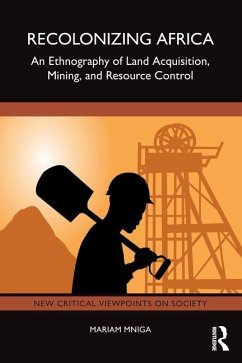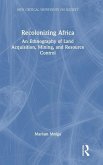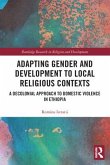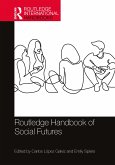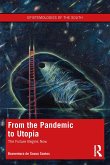Explaining how the legacy of colonialism and the nature of the liberal economy play a significant role in the development of Africa today, keeping Africa poor and dependent, this book explains how trade liberalization, deregulation, and privatization had opened doors for the New Scramble for Africa.
Green technology and the high demand for electronics have intensified Africa's role as a supplier of raw materials, natural resources, and cheap labor and as a large market of more than one billion people in the global economy. This unique ethnographic study, with elements of autoethnography, starts with the author's journey to Bulyanhulu, Tanzania, one of the largest gold mines in Africa, and moves to a broader analysis that reveals the systemic violence of resource extraction. Focus groups, interviews, and observations demonstrate the lack of distributive justice and intersectional equality in the process of land acquisition and resource extraction, described by villagersin racialized and gendered terms as exploitative and part of a racist system that fails to provide a fair distribution of benefits to local people.
Recolonizing Africa examines resource conflicts among local people, governments, and transnational corporations from Europe, North America, and Asia, revealing how global systemic violence and irresponsible business practices precipitate economic inequality between African and financially rich nations - threatening peace and security, indigenous rights, and the environment.
Green technology and the high demand for electronics have intensified Africa's role as a supplier of raw materials, natural resources, and cheap labor and as a large market of more than one billion people in the global economy. This unique ethnographic study, with elements of autoethnography, starts with the author's journey to Bulyanhulu, Tanzania, one of the largest gold mines in Africa, and moves to a broader analysis that reveals the systemic violence of resource extraction. Focus groups, interviews, and observations demonstrate the lack of distributive justice and intersectional equality in the process of land acquisition and resource extraction, described by villagersin racialized and gendered terms as exploitative and part of a racist system that fails to provide a fair distribution of benefits to local people.
Recolonizing Africa examines resource conflicts among local people, governments, and transnational corporations from Europe, North America, and Asia, revealing how global systemic violence and irresponsible business practices precipitate economic inequality between African and financially rich nations - threatening peace and security, indigenous rights, and the environment.

